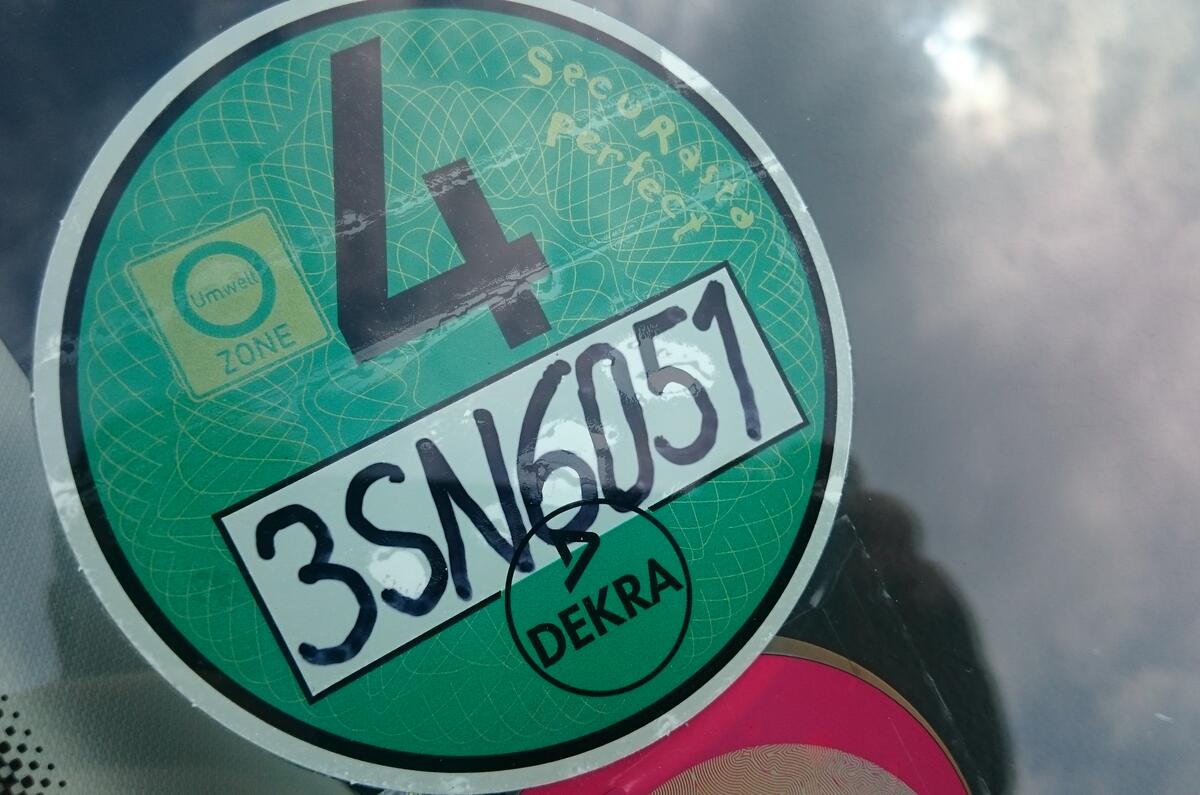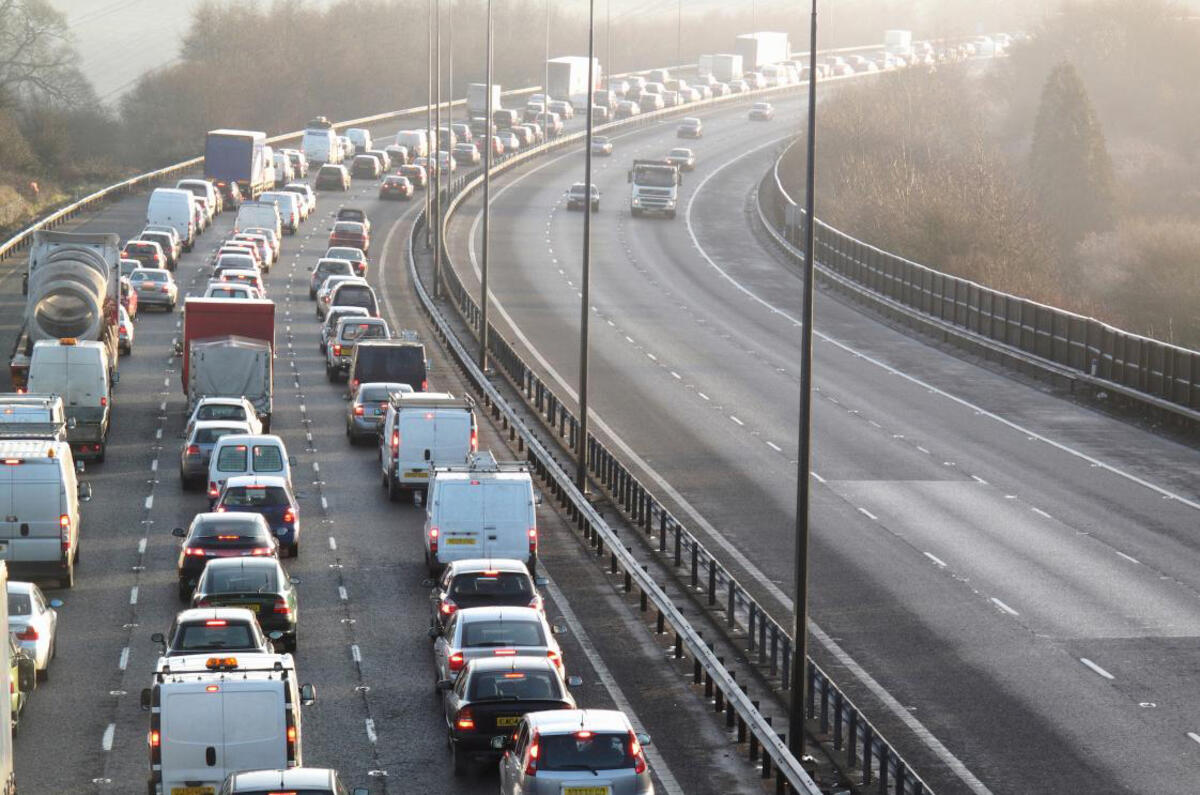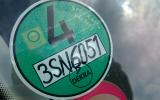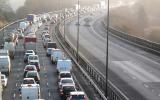The German government is about to clear the way for the country’s local cities to legally drive older diesel cars off the road. And it’s not the first time German cities have moved to put the squeeze on older vehicles.
At the beginning of 2008, a number of German cities and towns started to institute what were called low-emission ‘Umwelt’ Zones. To access these areas, your vehicle needed to have an engine with a Euro 4 pollution rating.
Euro 4 cars got a green sticker for the windscreen, Euro 3 and Euro 2 cars got a yellow and red sticker, respectively.
According to the website dedicated to ‘Environmental’ Zones, the latest was brought in on the 1 April this year at Marburg, bringing the number up to 53, with 51 of them demanding a green sticker.
However, after ‘dieselgate’ became global news last year, governments and campaigners have had to admit that obsessing over CO2 emissions - a harmless gas locally, and one much appreciated by trees - had led European cities into the far more serious problem of the toxic pollution emitted by ‘low CO2’ diesel engines.
Dutch government wants to ban petrol and diesel cars
Diesel sales account for around half of the overall UK and EU new car markets. For commercial vehicles - of the type that might spend all day on the roads - the diesel share is virtually 100 percent.
It’s no wonder that many German authorities have baulked at banning any vehicle that didn’t have a Euro 6 pollution rating. After all, there are many drivers out there, in relatively modern Euro 5 vehicles, who would suddenly find themselves banned from 51 city centres.
But, as the old political cliché goes, no government should let a good crisis go to waste. By putting the arm on older diesel engines, it might be able to push many drivers into showrooms to buy a brand new car, as well as giving a much-needed boost to the petrol-hybrid cars being sold - in very small numbers - by the German car industry.
Still, this doesn’t solve the diesel problem. According to the Euro 6 regulations, NOx exhaust emissions should not rise above 80 milligrams per kilometre. With real-world pollution testing now on the horizon - replacing the hopelessly lax lab-testing regime - diesel engines are set to be embarrassed again.
Manufacturers have already admitted that, in the real-world, Euro 6-engined diesels are not able to meet the 80mg/km limit. According to an EU press release last year, the average real world performance of today's Euro 6 diesel engines sees NOx emissions of around 320mg/km - some 400 percent over the limit.
As a result, the EU authorities have agreed to allow 'new model' variants with Euro 6 engines launched from September 2017 to produce up to 168mg/km of NOx. From January 2020 'new model' variants have a real world limit emissions of 120mg/km. Entirely new vehicles (those that have to be homologated to go on sale) have to meet the two targets by September 2019 and January 2021 respectively.
And they’ve probably agreed to this, because the EU’s own technical people have admitted that getting NOx any lower in real driving situations remains a distant prospect.
With Nitrogen Oxide pollution being fingered for lung irritation and worse, it’s also pretty clear to me that the environmental campaigners - fresh from understanding the difference between emissions and pollution - will not lie down and let this EU fudge go unchallenged.
My own hunch - and it’s only that - is that the industry and the EU technical people have already reached an understanding. The extra costs of manufacturing ‘clean’ diesels are getting to the point that mild-hybrid petrol engines will become the engine of choice for any 2020 car that’s Audi A4 size or smaller.
Renault set to halve diesel NOx emissions
On a recent trip to Korea, Hyundai’s engineering boss told me he had just arrived from a meeting discussing the costs of the (simplified) hybrid transmission in the new Ioniq and a EU6 diesel engine equipped with ammonia injection. They were now practically the same factory price, he said.
And a move to smaller petrol engines, assisted by a belt-driven motor, will also have another handy consequence. The mild hybrids will have small batteries to help store recuperated energy but also, on some models, big enough to provide a vital few minutes of battery-only motivation when in town centres.
So, those excitable environmentalists who want to ban ’infernal’ combustion engines from towns altogether (and there are some making headway in the Netherlands), will find it much harder with diesel fading from the picture.
This is because these mild petrol hybrids will have easily measurably lower real-world pollution than the average central heating boiler. Indeed, what emerges from the exhaust pipe could be ‘cleaner’ than what the engine has ingested.
I’d suggest diesel engines are currently at their peak of popularity. Within a couple of years the tide will have turned decisively against derv.







Join the debate
Add your comment
10yrs....?!
Diesel tech is immortal!
H H diesel is still coming to London regularly.
The two trains I catch on my way to Euston are of course diesel powered, then it is electric through London and into deepest Essex. The cost of electrifying west of Wolverhampton, or indeed anywhere else, is so huge diesel will rule on the trains probably for decades yet.
How much extra tax would Londoners have to pay if all the police, fire service, ambulance, local authority, etc changed to either petrol or electric vehicles from their current virtually all diesel fleets? Ironic really that the government only managed to sell licences to energy companies to build power stations to meet peak power demand times to companies that will build diesel powered stations. So even if Londoners switch to electric cars they will be powered by Diesel engines!
@Campervan